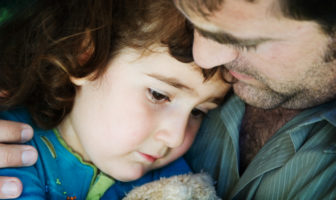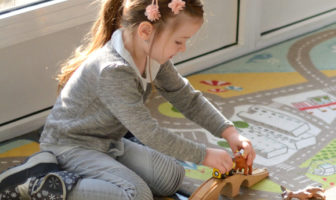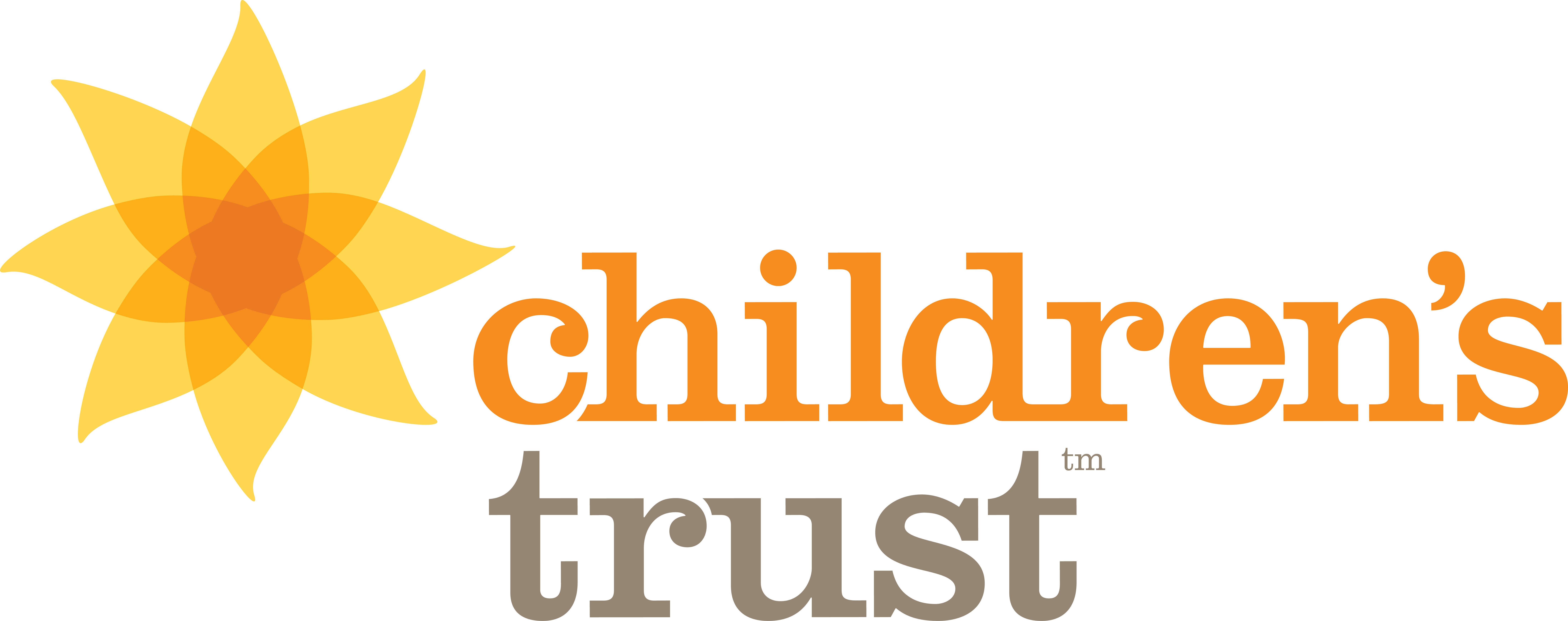Adverse Childhood Experiences (ACEs) are sources of toxic stress in children that have the potential to negatively impact their mental and physical health into adulthood. Fortunately, ACEs can be prevented by Positive Childhood Experiences (PCEs).

School Year Safety – Safe Kids Thrive
According to Education Week, children in the United States spend over 9,000 hours in elementary and high school! Add in after-school activities, sports, dance, and extracurricular activities, and that’s a lot of additional time with other adults and kids. Your child’s safety is never far from your mind, and you want your kids to be safe wherever they are.
As the new school year is ramping up, it's natural for parents and families to consider the safety practices of the youth-serving organization (YSO) we trust with our children. Safekidsthrive.org is a guide for all youth-serving organizations to prevent child sexual abuse at their sites. Consider ensuring that your child’s school or YSO has the following 8 elements of prevention in place:
- A Code of Conduct that outlines the expectations and responsibilities of all staff and volunteers.
- Monitoring Behavior practices are in place to ensure that staff hold each other accountable for child safety.
- Policies and Procedures to provide a written structure outlining the safety measures to prevent abuse and keep kids safe.
- Reporting procedures that are clearly outlined and understood by all staff and volunteers so that they can recognize, respond, and report abuse.
- Safe Environments to ensure clear sight lines, all areas are observable, and any unused areas are secured.
- Screening and hiring practices are in place to ensure all employees have been vetted to work with children.
- Sustainability practices to ensure a culture of zero tolerance for abuse is reinforced consistently and continuously.
- Training for all staff and volunteers on how to recognize the signs and symptoms of abuse in children and concerning behaviors in adults.
Talk to your child’s YSO about these 8 elements of prevention. Ask them to evaluate their current standards of keeping kids safe by taking this 5-minute assessment. Adopting these 8 elements of prevention will create an environment where all children can be safe from harm.
other articles and videos we love
April is autism spectrum disorder (ASD) Month. Learn more about the early signs of autism.





